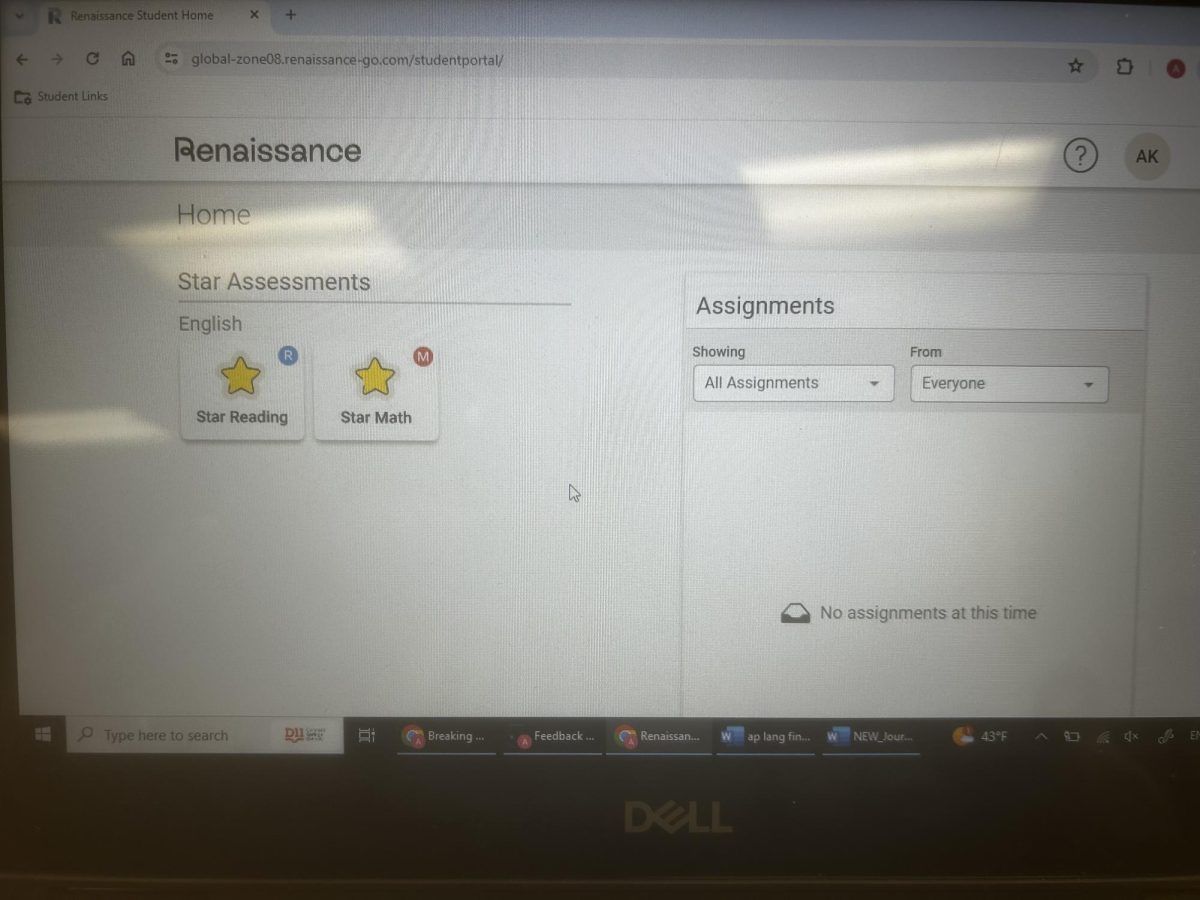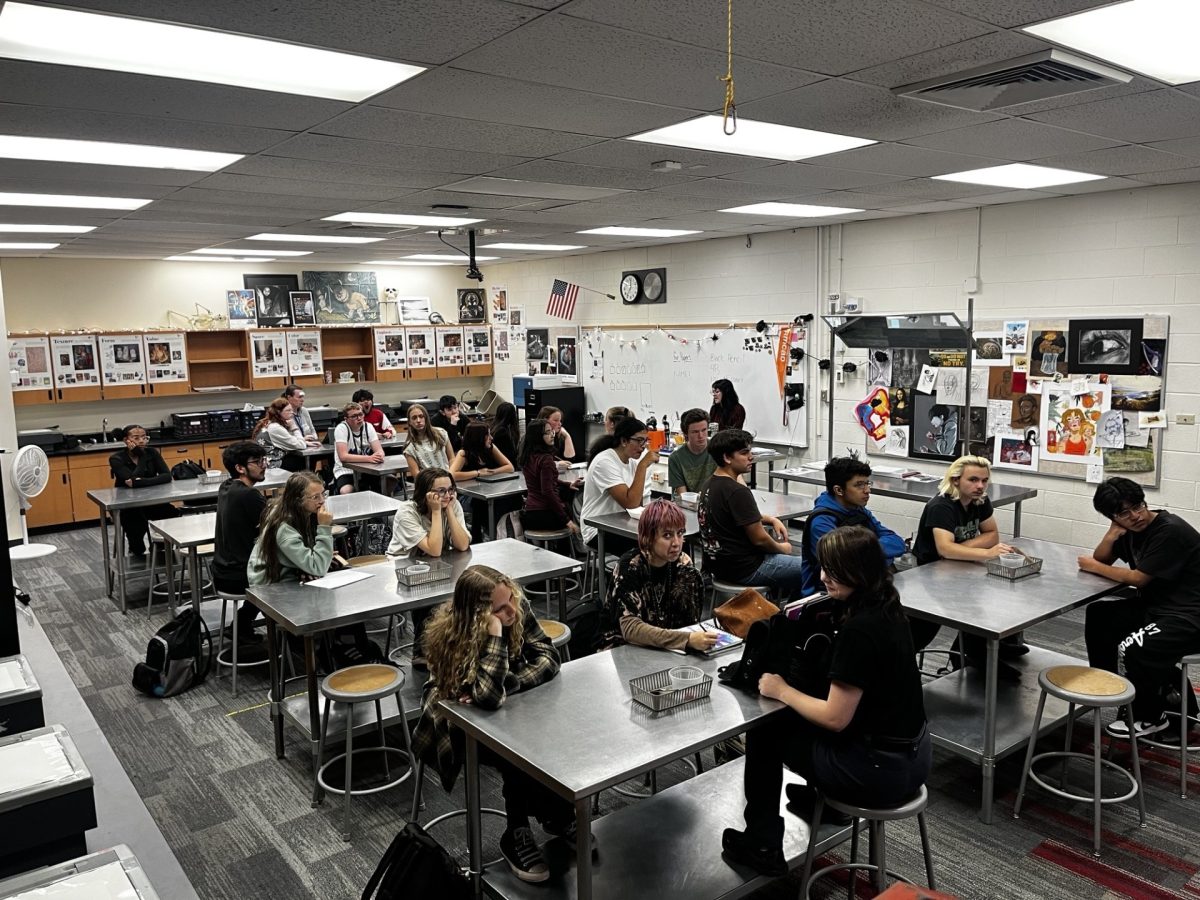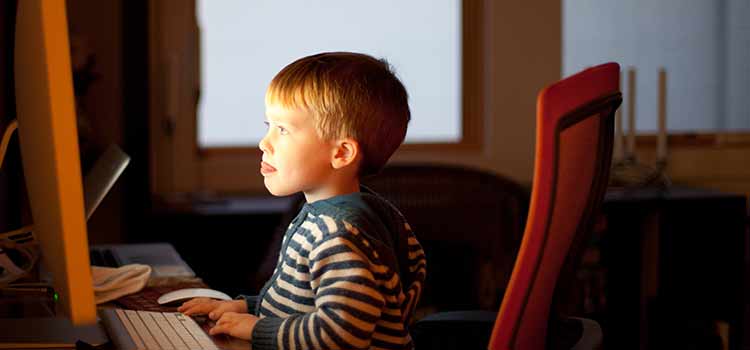
Social media has a negative effect on teenagers. Teens normally spend a lot of time online: a study from the survey “Familial and Adolescent Health Survey” shows the average teen spends around 4.8 hours online; that has huge impact on a teenager’s everyday life.
The psychological effect is largely negative due to social media; Emily Park, Class of 2027, states, “The internet has affected my mental health by making me more likely to judge myself and others harsher. It is something I still work on to better see both side of the story. I compare myself to other people I see online all the time and how much better they look than me.” Teens can be influenced easily and can suffer from many mental problems with such a down mindset.
Social media can change someone’s whole mindset negatively, Mia Smith, Class of 2026, claims “the internet and social media have changed and affected my mental health by changing my thought processes and observations of things making me subconsciously compare and compete with others.” This can take a toll on the everyday life of a teenager, especially causing depression and insecurities.
Adults see the problem as clearly as teens do. Cyber security detection engineer and Mother of 4, Emily Kearney, states, “social media creates a false sense of reality for teens. It allows for teens to be manipulated into false expectations about themselves and to be manipulated into false narratives. I think social media is negative to mental health. People only see the best version of everyone which gives poor expectations for everyone’s self-esteem. I feel teens should not have access to social media. It’s inhibiting teens from learning how to effectively communicate. In person communication is essential for social brain development, life lessons and confidence building.”
The biggest negative effect on social media is cyberbullying. The National Library of Medicine shows statistics from a study reporting 15.8% of teens from MetroWest Massachusetts experienced cyber bullying with 4.38% experiencing depressive symptoms and 5.35% attempting suicide. The National Library of Medicine states, “Electronic communications allow cyberbullying perpetrators to maintain anonymity and give them the capacity to post messages to a wide audience.”
As a result, so many negative effects are caused from social media, and it impacts teens’ lives heavily. If you are experiencing any of these problems, please reach out to someone for help.


















